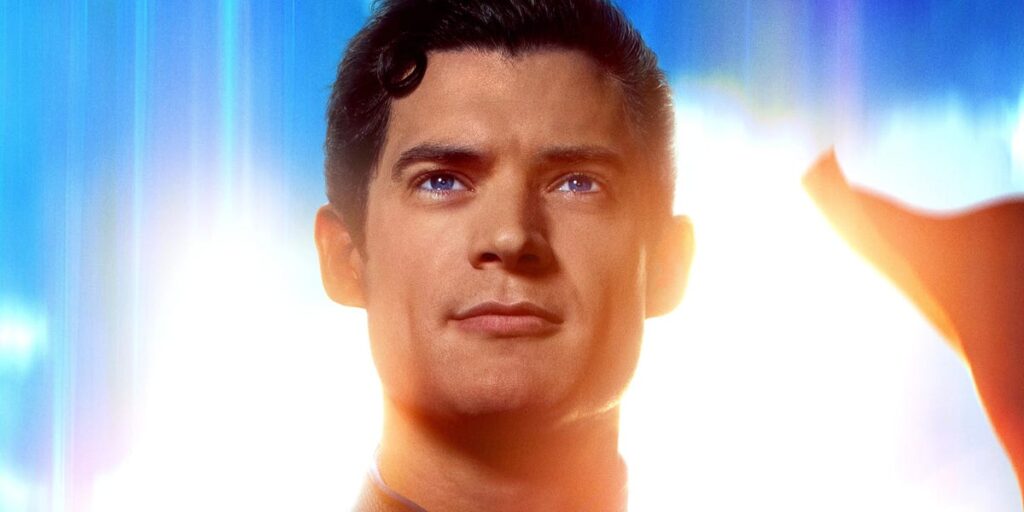The new “Superman” is the first film of the revived and revamped DC Universe — and if the hopeful tone and pure comic book-style action is anything to go by, the franchise will easily compete with the Marvel Cinematic Universe.
While the MCU has been entertaining fans since 2008’s “Iron Man,” DC didn’t launch its own shared universe until 2013’s “Man of Steel.” It tried to follow Marvel’s strategy of using each movie as a building block to a crossover event. “Man of Steel” built up to 2017’s “Justice League,” but critics and fans felt the project was rushed, and its popularity wasn’t helped by controversy surrounding the director Zack Snyder.
After films including 2022’s “Black Adam” and 2023’s “The Flash” flopped, the DC Extended Universe was scrapped. Then, James Gunn — who directed Marvel’s “Guardians of the Galaxy” trilogy — was tasked with helping to reboot it as the DC Universe.
Gunn makes smart choices from the start with “Superman.” First, the director skips past Superman’s (David Corenswet) over-told origin story and instead focuses on his attempts to understand the intentions of tech billionaire Lex Luthor (Nicholas Hoult). The villain has orchestrated the invasion of the fictional country of Jarhanpur, and is also hellbent on destroying Superman’s reputation by spreading misinformation about him on social media.
By having Superman lose a battle in Metropolis against an armored brawler called the Hammer of Boravia, he’s put on the back foot from the start, making the character far more interesting and raising the stakes of the action. It’s a bold choice, but when combined with Corenswet’s infectiously hopeful portrayal of both Superman and Clark Kent, it’s impossible not to root for him.
That sense of hope is what Superman has stood for since the character’s first comic was published in 1938. Gunn takes a fresh stab at what that might look like in 2025, by exploring themes including authoritarianism, ethically questionable billionaires, and crackdowns on illegal aliens (Superman is a cosmic refugee after all).
“Superman” does what comics have been doing since their inception: telling human stories wrapped up in colorful costumes, aliens, and science fiction. This is often what the most interesting Marvel movies have also done. “Avengers: Endgame” touched on the climate crisis, “Thunderbolts” examined mental health and loneliness, and the “Iron Man” trilogy tackled the industrial military complex.
They were some of the franchise’s most successful projects. DC would be wise to continue down the same path, instead of repeating Marvel’s mistake of flooding its slate with sequels and contributing to superhero fatigue.
Corenswet’s hero might be able to fly, but he still feels anger when Luthor kidnaps his dog. He gets frustrated while navigating his relationship with the inimitable journalist Lois Lane (Rachel Brosnahan), and he feels guilty about not seeing his parents enough.
At the same time, “Superman” can be very silly, and the film’s mileage may vary depending on the viewer’s tolerance for the comic book craziness of giant monsters, pocket universes, and superhero teams. But then, most summer blockbusters are a bit silly, and it’s more fun to go along for the ride.
“Superman” leans into the wonderfully weird elements of the character’s 80+ year history, like his robot butlers in the icy Fortress of Solitude and the (lovably) chaotic Krypto the Super Dog.
Still, it’s not a perfect film. The plot moves faster than a speeding bullet, with some convoluted, messy moments thanks to the pocket universe Luthor created. Plus, some rough-looking CGI during the later fight scenes doesn’t match the quality of the rest of the film.
But when the story has heart under all of Gunn’s signature wackiness, who cares?
Read the full article here


